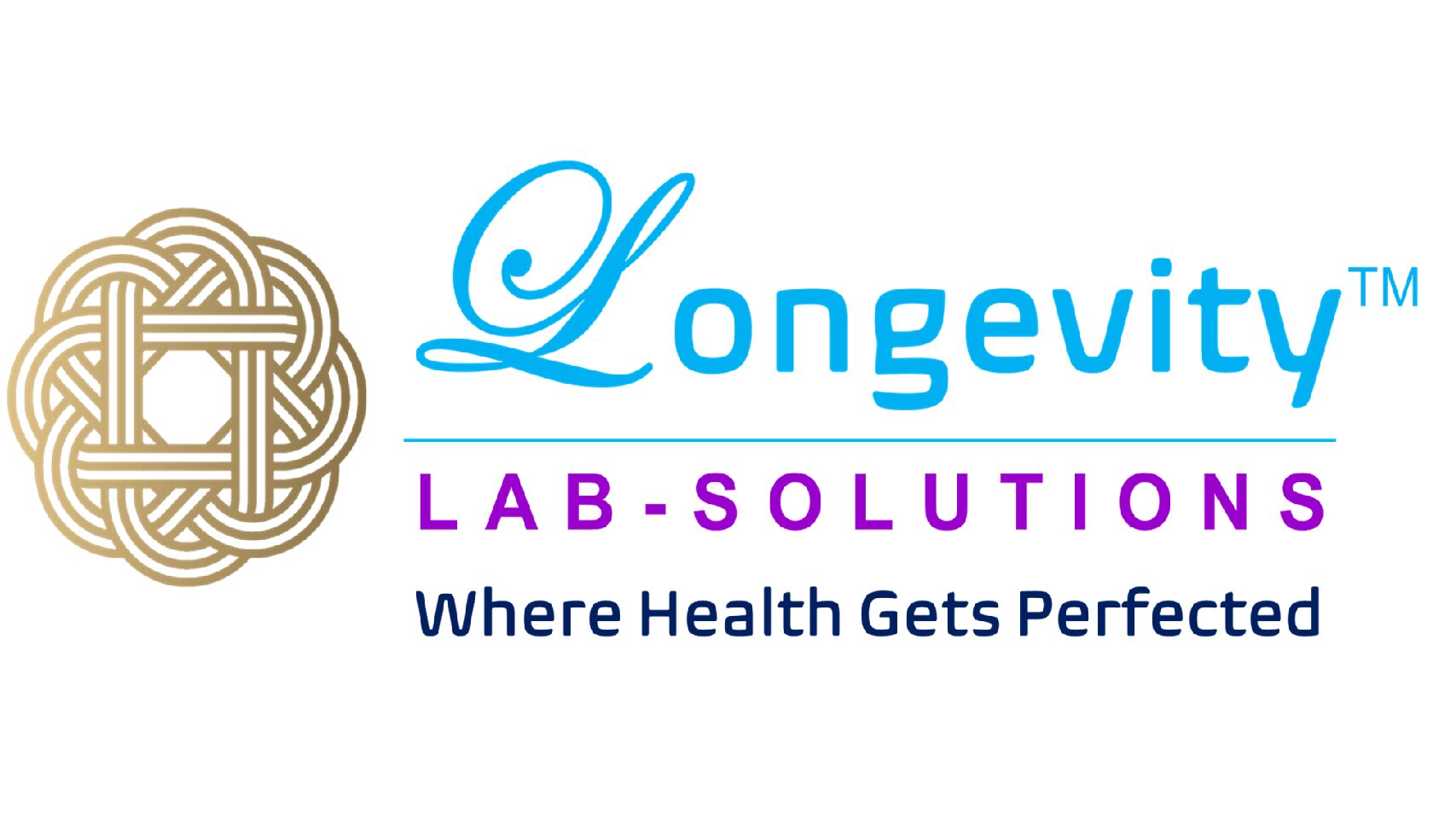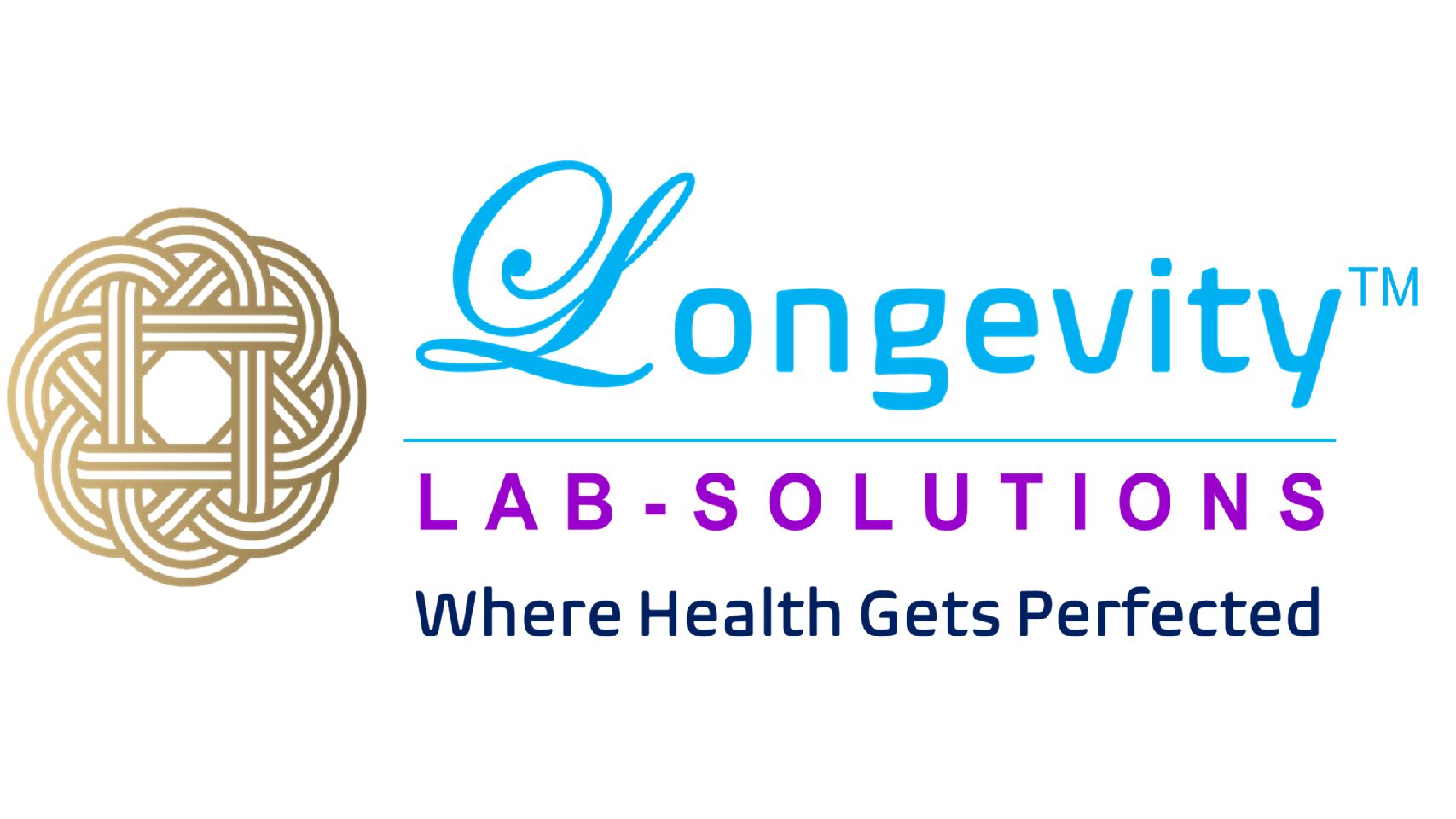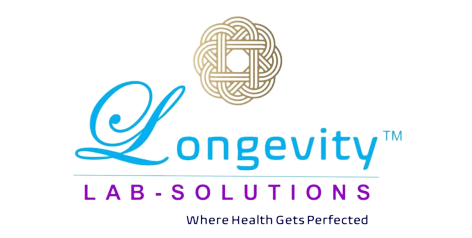Nutrigenomics - DNA Hormone
Influence of genetic variations on estrogen metabolism

Nutrigenomics DNA Hormone
Nutrigenomics is a field of study that explores the interaction between nutrition, genetics, and gene expression. It examines how specific nutrients and dietary components can influence gene expression, metabolism, and overall health outcomes. Nutrigenomics aims to understand how individual genetic variations affect nutrient metabolism, nutrient-gene interactions, and the impact of dietary factors on health.
Nutrigenomics can shed light on how genetic variations interact with dietary factors to influence estrogen metabolism, receptor sensitivity, and overall estrogen balance in the body.
Areas of Analysis Provided by this Test: Detoxification Estrogen, Methylation Estrogen, Oxidative Stress Estrogen, Thrombosis.
Please Note: Nutrigenomics tests are only available through your healthcare provider.
Price: $249.00
Test Details
Estrogen Metabolism: Genetic variations can affect how the body metabolizes estrogen. Nutrigenomics can identify genetic markers associated with altered estrogen metabolism, such as impaired detoxification pathways or variations in enzymes responsible for estrogen metabolism. Understanding these genetic variations can guide dietary choices to support optimal estrogen metabolism. For example, certain nutrients, such as cruciferous vegetables (e.g., broccoli, kale) that contain compounds like indole-3-carbinol (I3C), can promote the favorable metabolism of estrogen.
Hormone Receptor Sensitivity: Genetic variations can influence the sensitivity of hormone receptors to estrogen. Nutrigenomics can identify genetic markers associated with altered receptor sensitivity. This information can help personalize dietary recommendations to support hormone receptor function. Certain nutrients, such as phytoestrogens found in soybeans, flaxseeds, and legumes, may interact with hormone receptors and influence estrogen activity.
Inflammation and Oxidative Stress: Chronic inflammation and oxidative stress can disrupt estrogen balance in the body. Nutrigenomics can identify genetic variations associated with increased inflammation or reduced antioxidant capacity. Dietary strategies can be tailored to include anti-inflammatory and antioxidant-rich foods to support optimal estrogen balance.
Weight Management: Nutrigenomics can provide insights into genetic variations that influence weight management and body composition. Excess body fat can lead to increased estrogen production, which may disrupt hormonal balance. Nutritional interventions based on an individual’s genetic profile can be designed to support healthy weight management and optimize estrogen levels.
Gut Microbiota: The gut microbiota plays a role in estrogen metabolism. Nutrigenomics can provide information on genetic variations related to gut microbiota composition and function. Specific dietary interventions, such as prebiotic and probiotic foods, can be recommended to support a healthy gut microbiome, which can, in turn, influence estrogen metabolism.
Buccal swab
7 – 10 days
Price: $249.00







